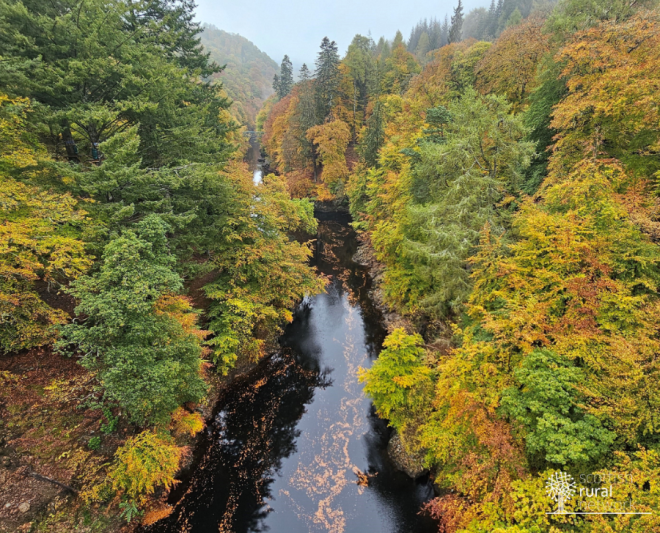Visitor Levy Bill passed

MSPs have backed legislation giving councils a new power to introduce a visitor levy that would raise funding for local visitor facilities and services.
The Visitor Levy (Scotland) Bill will enable local authorities to apply a levy on overnight stays with all money raised to be reinvested in services and facilities largely used by tourists and business visitors. Similar levies already apply in tourist destinations across Europe, including Amsterdam and Berlin as well as in countries outside of Europe, such as Canada.
Councils that want to introduce a visitor levy will be able to do so after they have consulted with local communities, businesses and tourism organisations.
An 18-month implementation period will then apply before any local authorities can introduce a visitor levy scheme in their area. This is to provide adequate time for councils and businesses to put in place the systems needed to collect and administer a levy.
An expert group of representatives from the tourism industry, COSLA and other partners will continue to work together to produce guidance for local authorities putting in place a visitor levy scheme.
Investment Minister Tom Arthur said:
“We share a vision with the tourism industry for Scotland to be a global leader in tourism and one of the most economically, environmentally and socially sustainable destinations in the world. A visitor levy can help achieve that vision by empowering councils to raise funding, if they wish to do so, that can be invested in local visitor services and activities.
“This Bill has been a clear example of partnership working between the Scottish Government, local authorities and the tourism industry, in line with the New Deal for Local Government and New Deal for Business.
“We have sought to deliver as much flexibility to local authorities as possible and to listen to businesses to make it as easy as possible for them to adopt these measures.”
Councillor Katie Hagmann, COSLA’s Resources Spokesperson, said:
“I am extremely pleased that the Visitor Levy Bill has now passed through stage 3 in Parliament. With the introduction of these new Visitor Levy powers, councils across Scotland will have the ability to use a discretionary mechanism, that is firmly based on local flexibility.
“The opportunity of these new powers recognise the great diversity of Scotland’s communities, acknowledging that a one-size-fits all approach does not work. It will allow councils to respond to the needs and circumstances of both the local communities and our important visitor economies.
“The revenue raised through the introduction of visitor levy powers will be to the mutual benefit of residents, tourists and businesses. There will be opportunities for much-needed additional investment, potentially available across a range of facilities and services, from transport and culture to maintaining and improving our world-famous natural heritage and environment.
“The visitor levy is a crucial step towards greater empowerment for local government, and we will continue to progress joint work with the Scottish Government in ensuring the smooth progression of these powers into the hands of councils across Scotland.”
The earliest a visitor levy could come into force would be spring 2026.
As a result of amendments supported by the Scottish Government at stage 3, the Bill will include:
- an exemption from paying a visitor levy for people in receipt of disability benefits from the UK or Scottish Governments
- a power for Ministers to cap the number of nights to which a visitor levy would apply, after consultation with councils, tourism businesses and tourism organisations and after Parliamentary approval
- a requirement for any council setting up a visitor levy scheme to establish a visitor levy forum which will discuss and advise the council on matters related to a levy in its area
- a requirement for the Scottish Government to review the Visitor Levy Bill no later than three years after the date of the first scheme coming into effect
Details at: Visitor Levy (Scotland) Bill
Picture credit - Killiecrankie in Autumn by Anne Forbes


